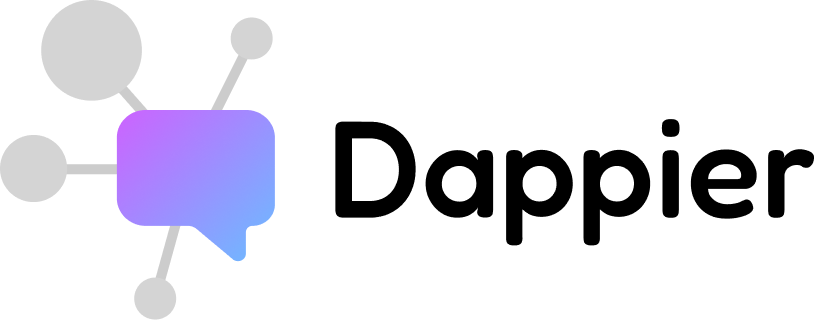The following is a guest post from a member of our dev team, Technical Advisor & Developer Evangelist Maddy Arvapally. Be sure to follow Maddy on her personal medium!
When you think of Scarlett Johansson, AI ethics might not be the first thing that comes to mind. But in a twist that’s surprised many, Johansson has emerged as a key figure in the ongoing battle for responsible AI use. In TIME’s recent “100 Most Influential People in AI,” Johansson ranked higher than AI titans like Elon Musk. The question is, how did she get there, and is her ranking justified?
From Victim to Advocate
It all started when an AI app used her voice and likeness without permission in an ad campaign on Twitter. That moment of unauthorized exploitation pushed Johansson into the spotlight — not as a victim, but as a fierce advocate for ethical AI. While she was already a household name, her legal battles against AI misuse have made her a champion for everyday people whose rights could be trampled by this fast-moving technology.
Unlike many who have tried and failed to hold AI companies accountable, Johansson has been notably successful. When OpenAI cloned her voice without her consent, she quickly fought back, and the AI giant was forced to take it down. This set a new precedent, highlighting how existing laws, when applied rigorously, can protect individuals against AI misuse and data theft. She’s not just speaking out; she’s setting legal standards.
The Need for Ethics and Regulation in AI
Johansson’s fight is more than just a celebrity battle — it’s a much-needed wake-up call in the race to regulate AI. As AI continues to grow at an astonishing pace, ethical frameworks and regulatory oversight are struggling to keep up. Right now, AI is capable of replicating human voices, generating realistic deepfakes, and even scraping personal data from the internet.
Ethics in AI is about more than just preventing misuses like voice cloning or deepfakes. It’s about ensuring that AI systems are transparent, unbiased, and accountable. Who decides how AI behaves? Who is responsible when it fails or causes harm? These are the urgent questions that regulators are still wrestling with. Johansson’s legal battles remind us that while the technology races ahead, we cannot afford to leave these critical issues unaddressed.
The Power of Celebrity in a Dry Debate
In an ideal world, AI ethics wouldn’t need a celebrity spokesperson to gain traction. But let’s face it: issues like data privacy, deepfakes, and AI accountability can seem abstract, even boring, to the average person. That’s where Johansson’s influence comes in. Her high-profile cases have brought AI ethics into the mainstream in a way few others could. And while she’s not an AI expert, her ability to raise awareness and demand action makes her a key player in this space.
In less than a year, Johansson has managed to do what countless other individuals and organizations have struggled to achieve — win significant battles against AI companies and drive meaningful conversations around ethics. Her influence isn’t just in the courtroom; it’s in making these issues part of a larger public conversation.
Privacy in the Age of AI
As AI technology advances, the meaning of privacy is rapidly changing. It’s no longer just about what we choose to share — our voices, images, and even our behaviors are being harvested, often without our knowledge. Johansson’s battle is important because it raises a critical question: how do we protect personal privacy when the lines are so easily blurred?
For the rest of us, her success is a reminder that we, too, have the right to fight back. AI may be here to stay, but we don’t have to sacrifice our rights or privacy in the process. Whether it’s a celebrity’s voice or a regular person’s online activity, the rules should be the same.
Why Johansson’s Battle Matters
Scarlett Johansson’s fight for AI ethics is significant not just because she’s won, but because she’s shown us what’s possible. Her actions highlight the urgent need for ethical frameworks in a world where AI is developing faster than we can regulate it. Whether it’s preventing unauthorized use of our voices, likenesses, or personal data, her victories are wins for all of us.
In a world where AI is becoming more powerful by the day, the need for strong ethics and regulations has never been more urgent. Johansson’s influence may not come from research labs or boardrooms, but her ability to challenge the misuse of AI makes her an important figure in this conversation. Her presence on TIME’s AI 100 list isn’t just justified — it’s a reflection of how deeply AI now touches every part of our lives, from Hollywood to Main Street.
The battle for ethical AI isn’t just for tech experts or policymakers — it’s for all of us. And in this fight, Scarlett Johansson has proven that even a Hollywood star can be a powerful advocate for change.
To read this blog post as originally published, please click here.

